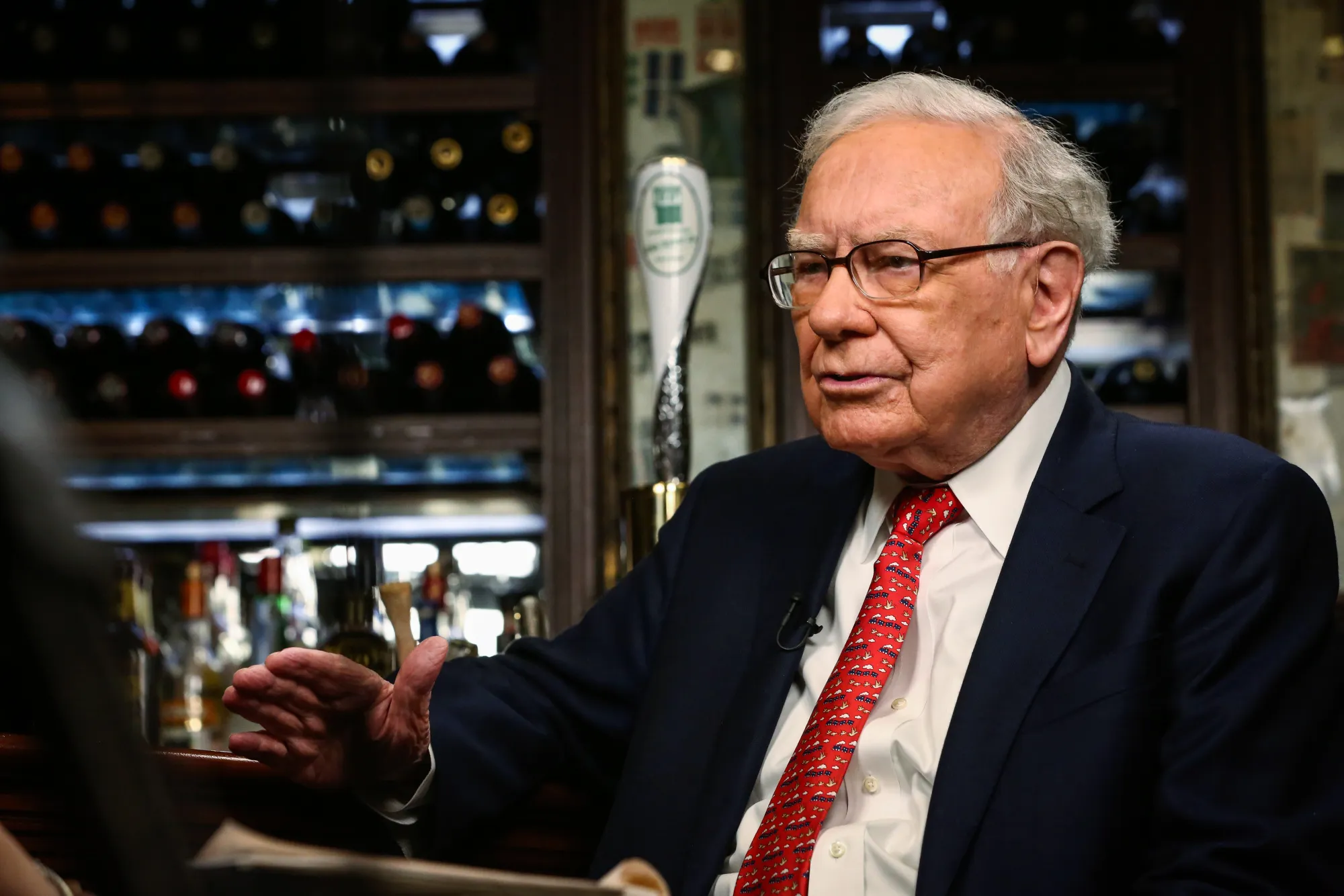

Image Credits: Bloomberg
The 13F filings showed that Berkshire Hathaway, the leading oracle of Omaha’s firm, has bought a stake in the beleaguered UnitedHealth Group. The Berkshire is popular in the insurance area, as the industry holds robust insurance operations was once mentioned by Buffett, positioning Berkshire as one of the top four giants within the business spectrum. Berkshire has a vast insurance pipeline and years of experience in the business market. The company’s next interest in pitching to UnitedHealth is a curious chapter to look at.
UnitedHealth is one of the leading healthcare giants with two main businesses in the US. Optum is the service side, and UnitedHealthcare is the insurance side, standing strong in business. Under this business, Optum leads clinic operations by enabling virtual care, using data and technology, and managing pharmacy benefits to support healthcare with affordability and efficiency. Whereas UnitedHealthcare sells health plans to companies, government programs (Medicare), and to individuals. In short, they help individuals with medical costs when they need care or are sick. This business attracted Berkshire to officially be a part of this healthcare giant.
The company faced a rough time in the second quarter of 2025 with increased healthcare costs that lifted the medical care ratio to around 90%, which pressured the margin ratio. In April 2025, the company's instant deduction and missed earnings accompanying its full-year profit outlook shocked investors. Also, CEO Andrew Witty resigned from his post, which made former CEO Stephen Hemsley return. These challenges seek quick recovery, for which Berkshire would be beneficial to fix the margin ratio in the UnitedHealthcare (insurance space).
The insurance models enable UnitedHealth to change the price of premiums annually, mainly in employer plans and medicare advantage. The management has already navigated margin recovery by repricing premiums to match the higher cost trend starting between 2026 and 2027. Also, Optum will experience growth and profit due to the accelerating aging population. With the increase in the number of seniors, the demand for medicare Advantage, prescription management, and value-based care will also extend. The Optum’s combined model claims to be a natural beneficiary of the secular shift.
Berkshire will establish a thriving ecosystem for UnitedHealth, restoring its business and recognition in the competitive market with increased strength and opportunities. This will help Berkshire to explore UnitedHealth’s capabilities.